Researchers at Japan’s Tohoku University have discovered that manipulating brain astrocytes can determine whether memories are retained or forgotten.
From Tohoku University 01/12/24 (first released 11/11/24)

One of the most powerful assets of the brain is that it can store information as memories, allowing us to learn from our mistakes.
However, some memories remain vivid, while others become forgotten.
Unlike computers, our brains appear to filter which memories are salient enough to store.
Researchers from Tohoku University discovered that part of the memory selection process depends on the function of astrocytes, a special type of cell that surrounds neurons in the brain.
They showed that artificially acidifying the astrocytes did not affect short-term memory but prevented memories from being remembered long-term.
The findings were detailed in the journal GLIA on November 4, 2024.
The researchers implemented a technique called “optogenetics” to manipulate the astrocytes by shining light onto them through optical fibers inserted in the mice’s brains.
This enabled researchers to directly stimulate and either acidify or alkalinize the astrocytes in that area.
They focused on the functions of astrocytes in the amygdala, a brain region known to be crucial for regulating emotion and fear.
A mild electrical shock was delivered to mice in an experiment chamber.
When placed back in the same chamber, the mice remembered the shock and froze as a natural response.
In comparison, the mice who had their astrocytes acidified immediately after the mild shock were able to temporarily hold onto the fear memory, but they forgot it by the next day.
This shows that acidifying the astrocytes did not affect short-term memory but prevented the memories from being remembered long-term.
A different effect was seen for mice who had their astrocytes alkalinized.
When tested three weeks later, control mice typically showed signs of forgetting, demonstrated by a decrease in freezing responses.
However, mice whose astrocytes were alkalinized immediately after a strong shock still displayed strong fear responses even after three weeks.
This suggests that astrocytes play a key role in determining whether memories are erased or preserved for a long time, immediately after a traumatic event.
While it is generally believed that memories are formed in a continuous process whereby short-term memories gradually solidify and become long-term memories, this research suggests they may actually develop in parallel.
“We believe that this could change the way we understand memory formation,” says Professor Ko Matsui of the Super-network Brain Physiology lab at Tohoku University, who led the research.
He added, “The effect of astrocytes on memory likely also depends on various contexts, including mental, social, or environmental factors.”
Lead investigator Hiroki Yamao believes astrocytes could hold the key to understanding emotional changes and memory formation.
“This may be just a glimpse of how astrocytes affect emotional information processing,” Yamao explains.
“Our next goal is to uncover the mechanisms by which astrocytes regulate emotional memory.”
“Understanding these processes could pave the way for therapies that prevent traumatic memories from forming, offering a valuable approach to treating disorders like post-traumatic stress disorder (PTSD) by intervening in memory formation.”
More info
You may also be curious about:
-

The most extreme solar storm hit Earth over 14,000 years ago, scientists identify
-
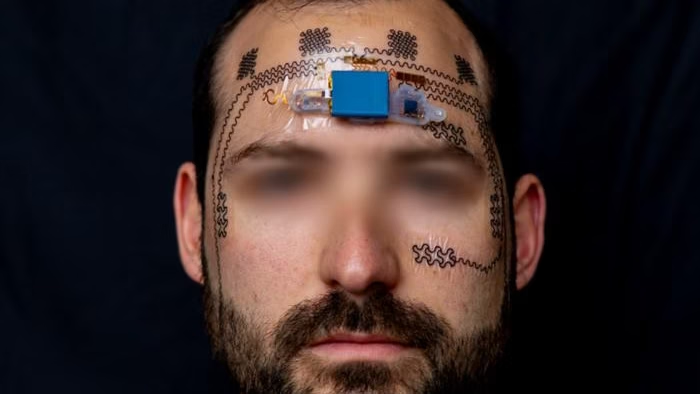
Electronic face tattoo gauges mental strain
-
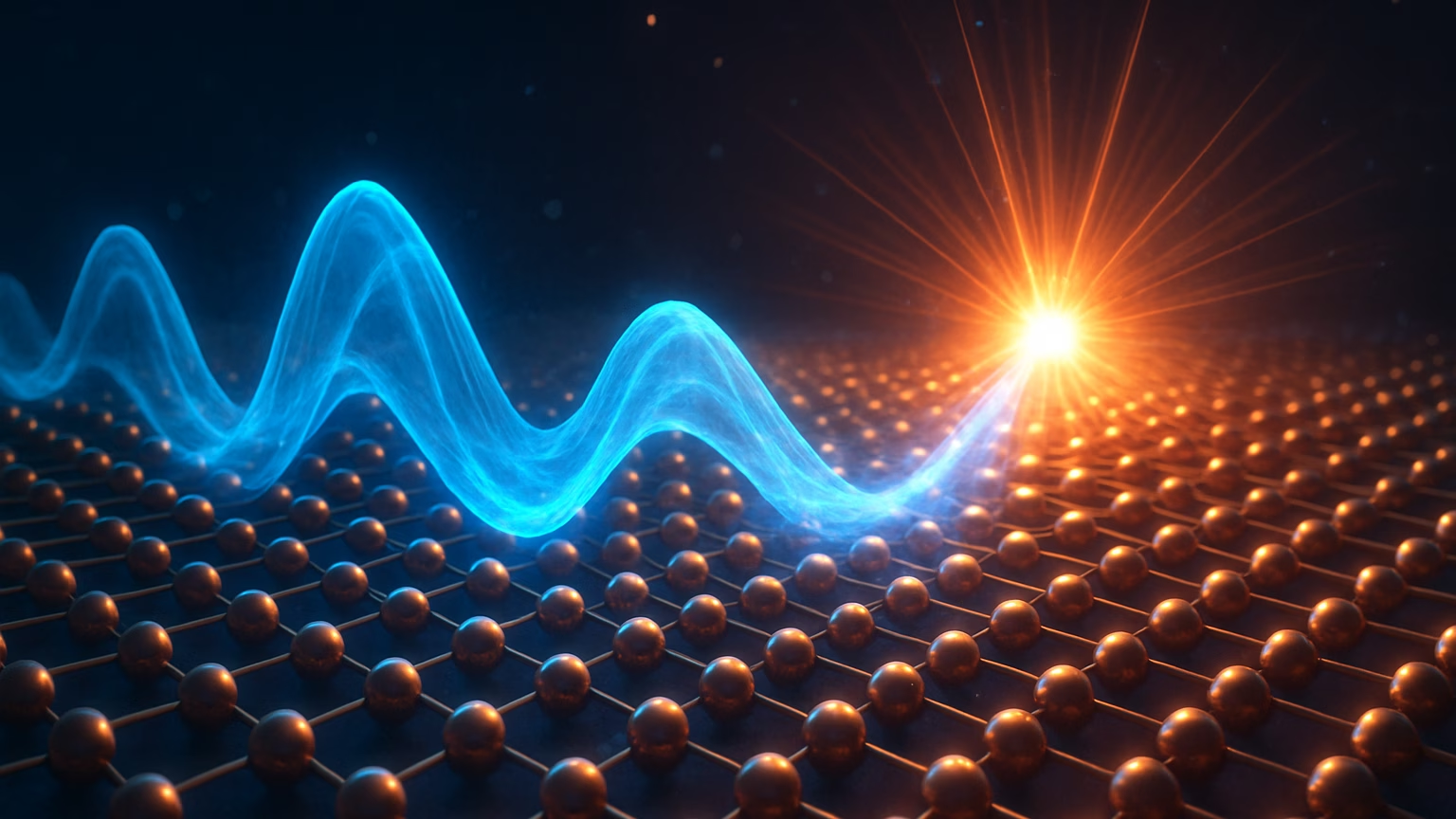
Solitonic superfluorescence paves way for ambient temp quantum computing
-
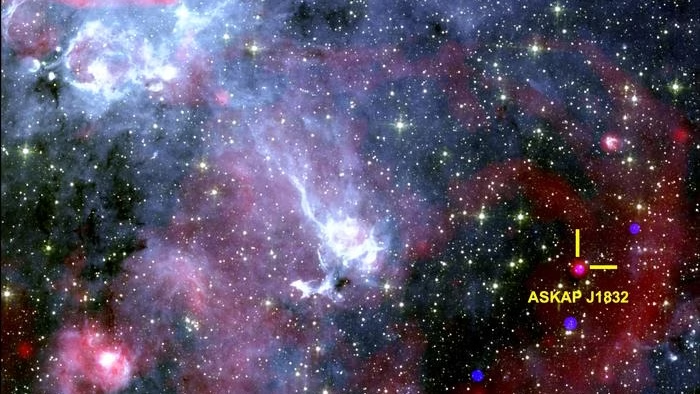
Cosmic mystery deepens as astronomers find object flashing in both radio waves and X-rays
-

The rotors are also the wheels on this morphobot
-
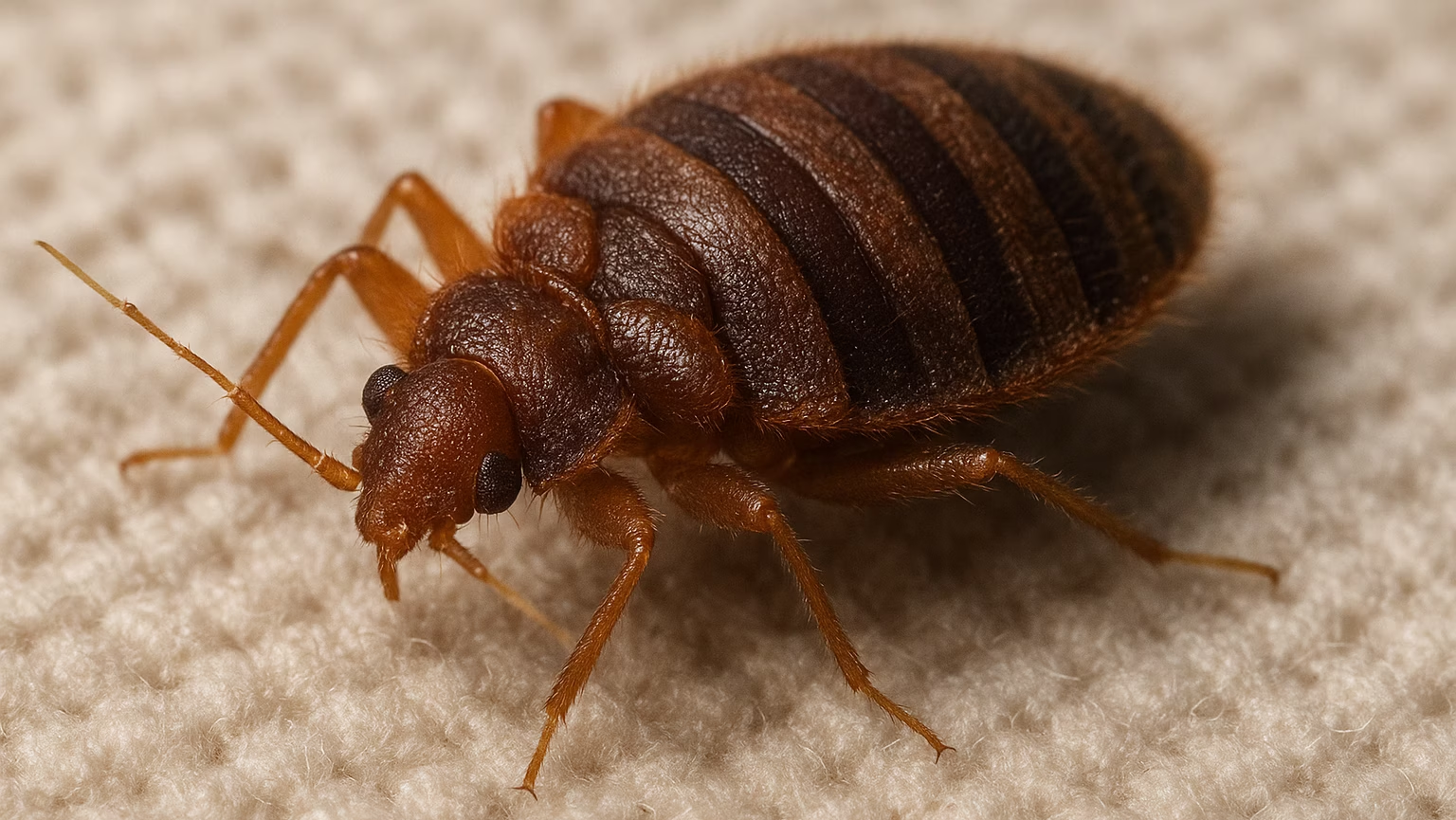
Bed bugs are most likely the first human pest, 60,000 years and counting
-

What lurks beneath? Only 0.001 percent of the deep seafloor has been imaged
-
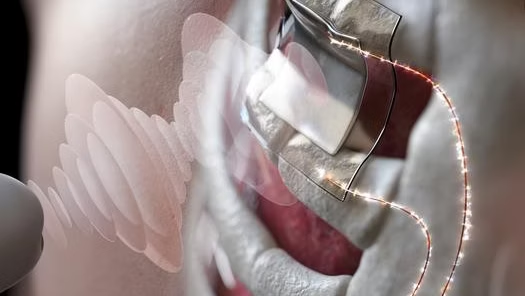
Ultrasonic wireless charging for implanted medical devices
-
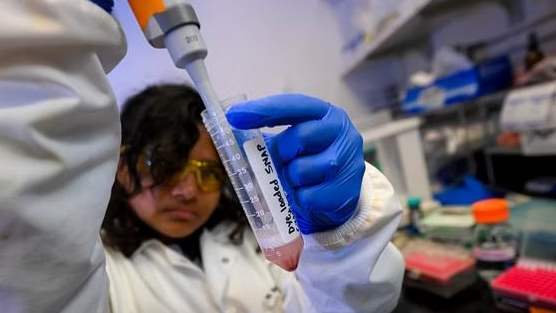
New larvae-attracting gel could boost coral reef restoration
-
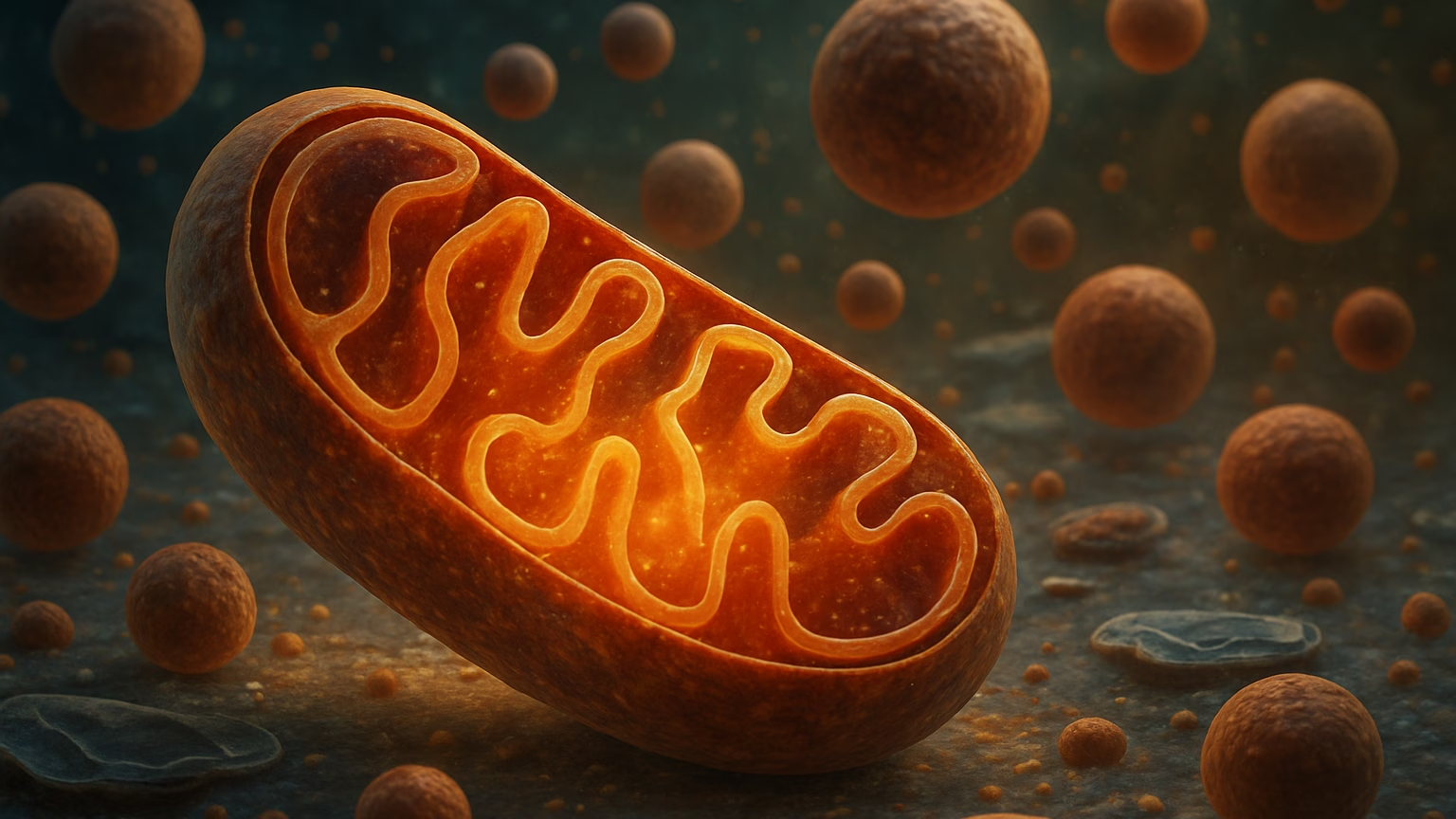
30 percent weight loss in mice by restricting one amino acid
-

Kissing linked to depression transmission through oral microbiota exchange
-

New find: Chimpanzees are capable of complex communication
